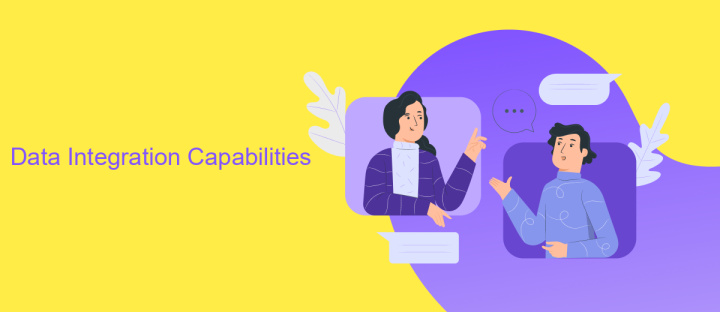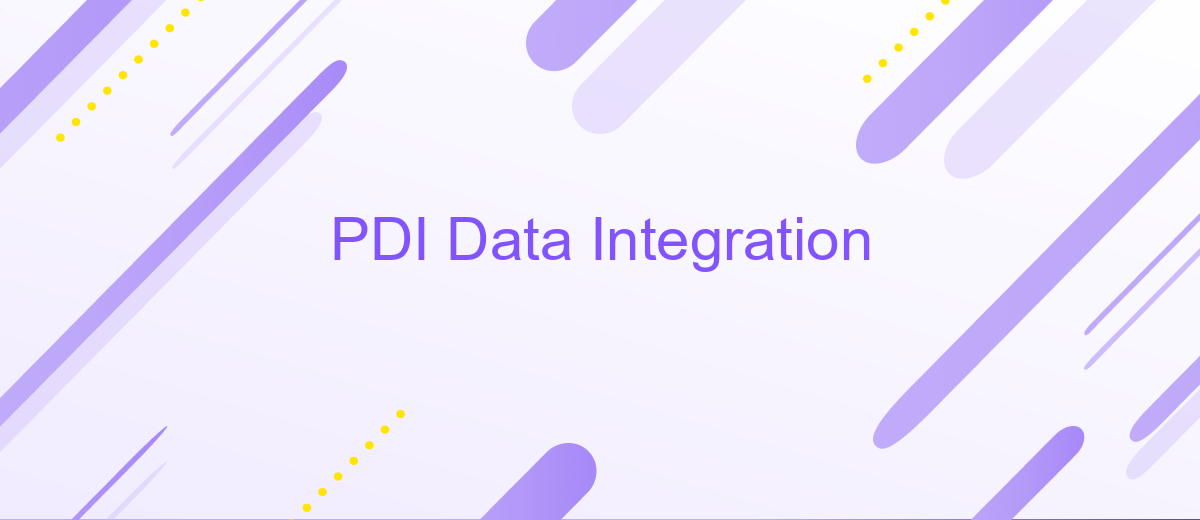PDI Data Integration
PDI Data Integration, also known as Pentaho Data Integration, is a powerful, open-source tool designed to streamline the process of extracting, transforming, and loading (ETL) data. It enables organizations to efficiently manage and integrate data from diverse sources, ensuring seamless data flow and enhancing decision-making capabilities. This article explores the key features, benefits, and practical applications of PDI Data Integration.
Introduction
PDI Data Integration, commonly known as Pentaho Data Integration, is a powerful and versatile tool designed to streamline the process of data extraction, transformation, and loading (ETL). It enables organizations to efficiently manage and manipulate large volumes of data from various sources, ensuring data consistency and accuracy. With its user-friendly interface and robust functionality, PDI is an essential component for any data-driven enterprise.
- Seamless integration with multiple data sources
- Comprehensive ETL capabilities
- Scalability to handle large datasets
- Advanced data transformation features
- Support for real-time data processing
Organizations leveraging PDI Data Integration can benefit from improved decision-making processes, enhanced data quality, and increased operational efficiency. By automating complex ETL tasks, PDI reduces the time and effort required to prepare data for analysis, allowing businesses to focus on deriving actionable insights. As a result, PDI Data Integration serves as a cornerstone in the modern data management landscape.
Data Integration Capabilities

PDI Data Integration offers a robust set of capabilities designed to streamline and enhance the process of integrating data from various sources. By leveraging a user-friendly graphical interface, users can effortlessly design, deploy, and manage data integration workflows without writing complex code. This ensures that businesses can quickly respond to changing data requirements and maintain high levels of data quality and consistency. Additionally, PDI supports a wide range of data formats and sources, including databases, cloud services, and flat files, making it a versatile tool for diverse data environments.
One of the standout features of PDI is its ability to automate data integration tasks through scheduling and real-time processing. This is particularly beneficial for organizations that need to keep their data up-to-date and synchronized across different systems. Furthermore, PDI can be easily integrated with external services like ApiX-Drive, which simplifies the setup and management of data integrations. ApiX-Drive offers pre-built connectors and intuitive configuration options, enabling users to quickly establish and maintain integrations without extensive technical expertise. This combination of PDI and ApiX-Drive provides a comprehensive solution for efficient and reliable data integration.
Advanced Features

Exploring the advanced features of PDI Data Integration can significantly enhance your data transformation and analysis capabilities. These features are designed to address complex data scenarios and streamline workflows, making your data integration process more efficient and robust.
- Metadata Injection: This feature allows dynamic transformation of data by injecting metadata at runtime, providing flexibility and reducing the need for multiple transformations.
- Clustering: PDI supports clustering, enabling distributed processing across multiple nodes. This ensures high availability and scalability for large data volumes.
- Big Data Integration: Seamlessly integrate with big data technologies like Hadoop, Spark, and NoSQL databases, allowing you to process and analyze massive datasets efficiently.
- Advanced Analytics: PDI offers advanced analytical capabilities, including predictive analytics and machine learning integration, to derive deeper insights from your data.
- Data Lineage: Track the flow of data through your transformations, ensuring transparency and ease of troubleshooting with comprehensive data lineage tools.
Leveraging these advanced features of PDI Data Integration can transform your data workflows, providing greater flexibility, scalability, and analytical power. Whether dealing with big data or complex transformations, these tools ensure your data processes are optimized and efficient.
Benefits and Use Cases

PDI Data Integration provides a robust platform for businesses to streamline their data processes. By leveraging its capabilities, organizations can efficiently extract, transform, and load (ETL) data from various sources, ensuring data consistency and reliability.
One of the significant advantages of PDI is its user-friendly interface, which allows both technical and non-technical users to design and manage data workflows. This accessibility helps in reducing the learning curve and accelerates the implementation of data projects.
- Automated data migration between databases
- Real-time data integration for business intelligence
- Data cleansing and transformation
- Integration with cloud services and applications
- Support for big data technologies
Moreover, PDI's scalability ensures that it can handle both small-scale projects and large enterprise-level data operations. Its flexibility and wide range of functionalities make it an essential tool for organizations looking to optimize their data management strategies.


Conclusion
In conclusion, PDI Data Integration offers a robust and versatile solution for managing and integrating data across various sources and platforms. Its user-friendly interface and extensive range of features make it an ideal choice for businesses looking to streamline their data processes and improve overall efficiency. By leveraging tools like PDI, organizations can ensure that their data is accurate, consistent, and readily available for decision-making purposes.
Moreover, integrating PDI with services like ApiX-Drive can further enhance its capabilities by automating data workflows and simplifying the integration process. ApiX-Drive provides seamless connectivity between various applications, reducing the need for manual intervention and minimizing the risk of errors. Together, PDI and ApiX-Drive create a powerful synergy that enables businesses to optimize their data management strategies and drive better outcomes. Embracing these technologies can lead to significant improvements in operational efficiency and data-driven decision-making.
FAQ
What is PDI Data Integration?
How can I connect PDI to different data sources?
Is it possible to automate data integration tasks in PDI?
Can I integrate PDI with cloud services?
What are some common use cases for PDI Data Integration?
Apix-Drive will help optimize business processes, save you from a lot of routine tasks and unnecessary costs for automation, attracting additional specialists. Try setting up a free test connection with ApiX-Drive and see for yourself. Now you have to think about where to invest the freed time and money!

